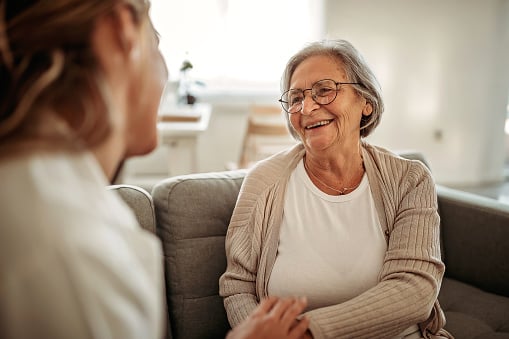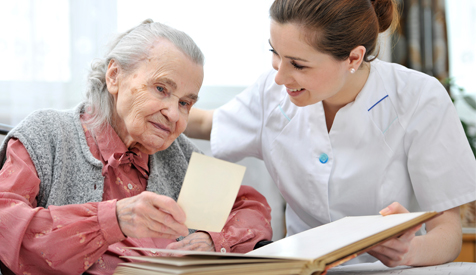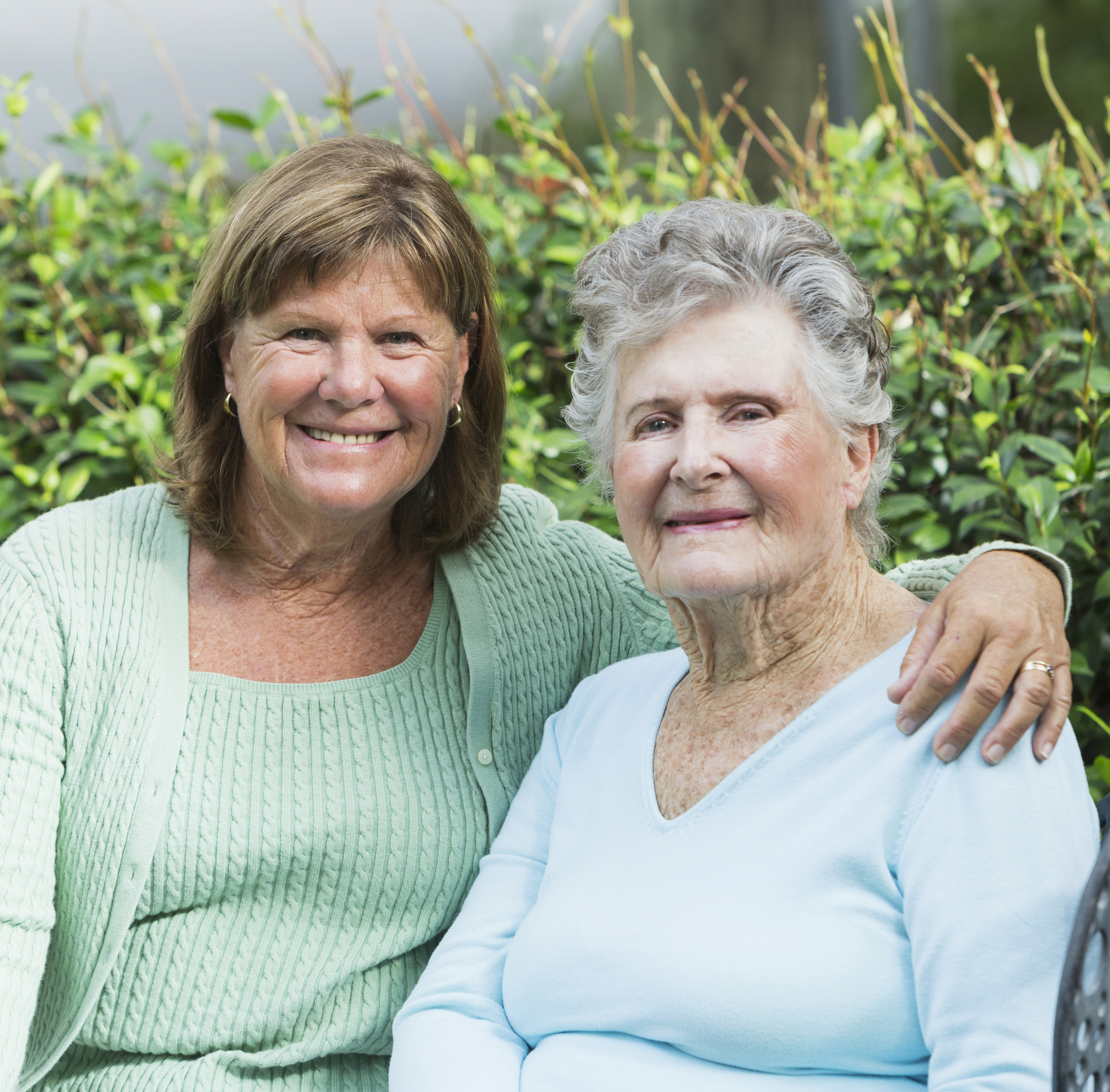What is AAC?
Augmentative and Alternative Communication (AAC) for Adults
Tags: Speech, Language, Communication, Support, Stroke, Caregiving, Brain Injury, talking, Communication Access, Speech therapy, Stroke recovery, Aphasia, Primary Progressive Aphasia
Care Partner vs Care Giver
Those caring for adults with speech, language, and cognitive challenges serve an important role in the healthcare management team. These challenges may be a result of medical diagnoses such as dementia, stroke, and ALS, or occur independently. No matter the etiology, support is often necessary to help individuals reach their goals. Due to the nature of this role, we are beginning to shift our perspective on how to most effectively refer to these individuals: care partner vs. care giver.
Tags: Speech, Language, Communication, Support, Stroke, Caregiving, Brain Injury, talking, Speech therapy, Stroke recovery, Aphasia, Primary Progressive Aphasia
Aphasia or Primary Progressive Aphasia?
Aphasia is a language disorder resulting from an injury to the brain, such as a stroke or head trauma. The outcome of aphasia varies significantly from person to person. The most predictive indicator of long-term recovery is initial aphasia severity, along with the lesion site (location of damage to the brain) and the size of the lesion
Tags: Language, Communication, Stroke, Caregiving, Brain Injury, talking, Communication Access, Speech therapy, Stroke recovery, Aphasia, Primary Progressive Aphasia
Summer Activities to Practice Word-Finding for Those with Aphasia
Communicating with someone recovering from a stroke or maintaining skills after a neurodegenerative diagnosis may be difficult. Changes in communicative abilities can be either expressive (the ability to speak or communicate) or receptive (the ability to understand spoken or written information), leading to breakdowns in communication. Any changes in communication can lead to feelings of frustration, isolation, or distress. We offer some fun summer activities to help practice word-finding and repair communication breakdowns. These activities require little if any, materials or preparation to engage!
Tags: Speech, Language, Communication, Stroke, Brain Injury, talking, Speech therapy, Stroke recovery, Aphasia
Stroke Recovery: Communication Tips for People with Aphasia
Take your time when speaking. Speak at your own pace. Even if your communication partner is speaking quickly, set your pace and take your time. Your message is important and deserves to be heard.
Tags: Speech, Language, Communication, Support, Stroke, Caregiving, Brain Injury, talking, Communication Access, Speech therapy, Stroke recovery
Tips for Communicating with Someone after a Stroke
Communicating with someone after they have had a stroke, brain injury, or other illness resulting in communication difficulties can be challenging. These difficulties can be either expressive (the ability to speak or communicate) or receptive (the ability to understand spoken or written information), leading to breakdowns in communication. Any changes in communication can lead to feelings of frustration, isolation, or distress. Making a few changes in the way you communicate can make a world of difference!
Tags: Speech, Language, Communication, Stroke, Caregiving, Brain Injury, talking, Speech therapy, Stroke recovery
Brain Injury Awareness and Recovery
In 2022, Brain Injury Awareness Month highlights #MoreThanMyBrainInjury by bringing awareness to some brain injury facts and statistics from the Brain Injury Association of America (BIAA).
Tags: Speech, Language, Communication, Brain Injury, talking, Communication Access, Speech therapy, Stroke recovery
Morning Communication Activities at Home
You may find it challenging to access beneficial resources that allow you to properly care for your loved one. We have researched some at-home activities that encourage communication for adults who are recovering from a stroke or maintaining skills after a neurodegenerative diagnosis. These morning activities consist of routines that get you both up and moving and allow for independent participation.
Tags: Speech, Language, Communication, Support, Caregiving, Brain Injury, Voice, talking, Speech therapy, Stroke recovery
Stroke Recovery: After the Hospital
Preparing to go home after a hospital stay is never easy, especially after having a stroke. It can be a very overwhelming process with new challenges in thinking, memory, and mobility. The length of your hospital stay after a stroke can range anywhere from a few days to months depending on the severity of the stroke and the support system in place at home. There are many feelings associated with going home, excited to be back home along with feelings of anxiety or worry.
Tags: Speech, Language, Communication, Support, Stroke, Brain Injury, talking, Speech therapy, Stroke recovery
Stroke Recovery: A Whole Life Approach
Welcome to the first of a blog series on stroke recovery resource information from Cleveland Hearing & Speech Center (CHSC). Topics of the series include first action steps following a stroke, benefits of speech therapy, communication strategies, tips for caregivers, and much more.
Tags: Speech, Language, Communication, Support, Stroke, Caregiving, Brain Injury, Voice, talking, Speech therapy, Stroke recovery















